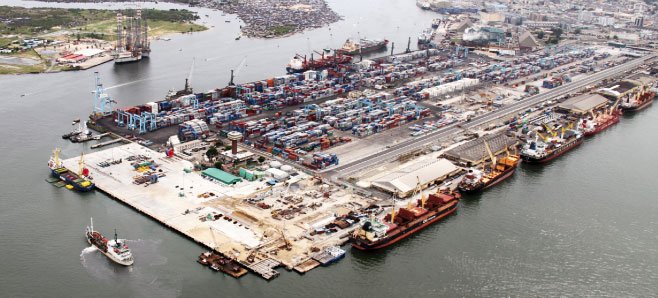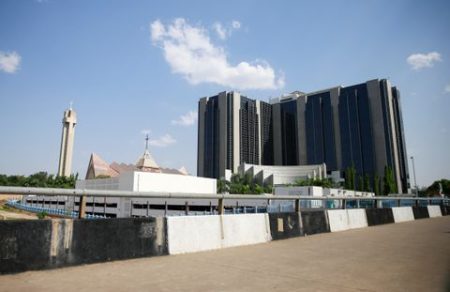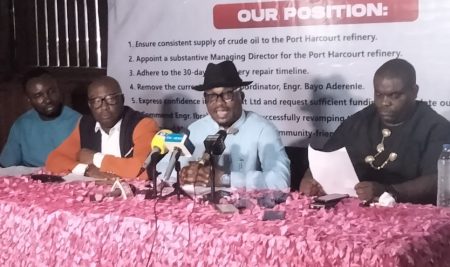
Vincent Toritseju
Lagos —
Nigeria’s vessel inspection rises 81%, regional body commends NIMASA
VINCENT TORITSEJU
Lagos — Nigeria’s Port State Control, PSC, ratings shot up by 81.7 percent with a total 636 ship inspections in 2018 against 350 recorded in 2017. The development has consolidated Nigeria’s leadership in this vital maritime safety indicator.
Maritime nation’s regulators use PSC instrument for the inspection of foreign ships in their ports to verify that the condition of the ship and its equipment comply with the requirements of international regulations and that the ship is manned and operated in compliance with these rules.
In Nigeria, this role is played by the Nigerian Maritime Administration and Safety Agency, NIMASA.
In the African continent, South Africa came second with a total of 327 inspections for the year under review, while Senegal came third with 270 inspections.
The report, captured in the Memorandum of Understanding on Port State Control for West and Central Africa region otherwise known as the ‘Abuja MoU’ for 2018, also showed that Nigeria dominated the detailed inspection of vessels with 13 exercises out of the total 14 carried out in the continent in 2018.
Consequently, Nigeria effected the detention of 13 vessels, apparently as a result of the deficiencies discovered during the detailed inspections.
However, the report indicated a significant rise in recorded deficiencies across the continent as 727 vessel deficiencies were recorded in 2018 as against 587 recorded in 2017.
Consequently, in 2018, Nigeria came in the forefront of reported deficiencies with a total of 339 vessel deficiencies as against 193 recorded by South Africa and 122 by Senegal.
The Secretary-General of Abuja MoU, Mrs. Mfon Usoro, said that analysis of the MoU’s performance between 2010 and 2018 indicates unbroken incremental improvement by member nations’ Administrations of the MoU in every aspect of PSC activity, evidencing the commitment by member states to rid their waters of substandard ships, improve the standard of welfare of shipboard officers and crew and stem the pollution of the region’s waters.
Membership of the MoU grew to 17 full and active member States in the period under review with the admission of Cote d’Ivoire, Angola, Sao Tome & Principe, South Africa, Guinea Bissau, Cape Verde, and Liberia.
Usoro stated: “The introduction of participatory governance through the establishment of Abuja MoU Technical Working Groups (TWGs) comprised of member States with specific terms of reference has proved an effective tool in facilitating the development and adoption of instruments for harmonization and coordination of port State control procedures in the region.
“The period prior to 2010 was characterized by irregular reporting of port State inspections carried out by just five Administrations. Today, port State inspection is conducted by an average of not less than 14 Administrations and with the consistent annual report of PSI data to the IMO (International Maritime Organisation) and published in our Annual Reports from 2010 till date.
“Statistics indicate an increase in a number of inspections from 1,966 in 2010 to 2,409 in 2018 while the number of reporting member States grew from 5 countries to 14 countries in 2018.
“The MoU evolved from the total absence of an information technology system to a web-based automated database as the nucleus for migration to a fully computerized central database – Abuja MoU Information System (AMIS) in 2012.’’



